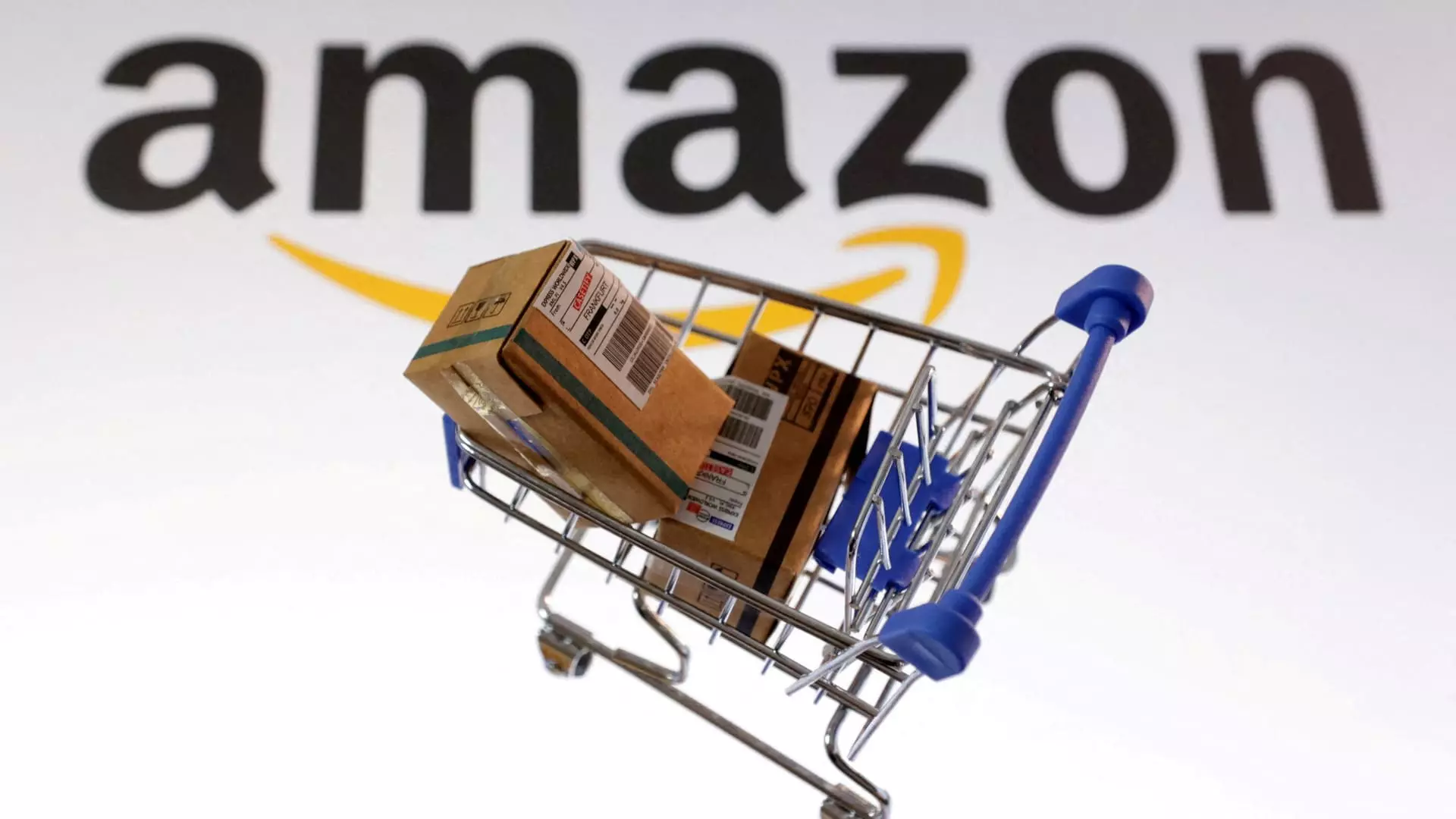In a landscape dominated by uncertainty and volatile sentiment, the temptation for many investors is to retreat into safer, more predictable assets. Yet, this conservative approach often blinds investors to the extraordinary opportunities hidden within the market’s chaos. As a center-right leaning liberal, I believe that pragmatic risk-taking, backed by solid fundamentals and strategic foresight, is essential for truly growing wealth. The recent optimism surrounding companies like Dell Technologies, Trade Desk, and Amazon illustrates that, despite macroeconomic headwinds, there exist undervalued gems capable of delivering substantial returns—if approached with discernment and a willingness to challenge conventional wisdom.
Looking at the broader economic architecture, post-pandemic recovery, global supply chain adjustments, and geopolitical shifts have created a landscape where nimble, innovative firms stand to benefit considerably. The key lies in analyzing how these companies leverage their unique strengths and navigate potential pitfalls like tariffs, rising competition, and consumer behavior shifts—opportunities that less perceptive investors might dismiss as mere hype.
Reevaluating Technology Giants: Dell’s Optimized Resilience
Dell Technologies exemplifies a corporation that has adeptly repositioned itself amidst rapid technological progress and geopolitical complexities. Underpinning its recent appeal is its aggressive focus on high-margin AI server sales, which stand to reshape its profitability metrics significantly. While critics might argue about the risks of capital-intensive investments and the saturation of AI infrastructure, the strategic initiatives Dell has undertaken over the last few years suggest a future-proof approach that aligns well with the evolving enterprise landscape.
Particularly compelling is Dell’s innovation in cooling technologies and infrastructure offerings, securing a premium in an increasingly competitive environment. The company’s diversified global footprint provides resilience against tariffs and trade disruptions, which often threaten multinational players. Moreover, Dell’s leadership’s confidence in its ability to capitalize on enterprise AI adoption over the next five to seven years signals a forward-looking mindset grounded in tangible progress rather than hype. For investors willing to look beyond short-term noise, Dell presents an undervalued opportunity—one rooted in fundamental strength, strategic innovation, and an optimistic outlook for sustained growth.
Trade Desk: A High-Quality Play in a Fragmented Ad Ecosystem
The digital advertising sector often appears saturated and fiercely competitive, yet Trade Desk’s recent performance demonstrates that quality players can buck the trend. As a cloud-based platform connecting advertisers with consumers, Trade Desk benefits from the ongoing digital transformation and the pivot toward programmatic advertising. The recent upgrades from seasoned analysts reflect confidence in its growth trajectory, fueled by product innovations and strategic re-alignments.
While Amazon’s dominance in e-commerce often steals headlines, Trade Desk’s niche enables it to thrive amidst the storm. Its transition to advanced AI-powered Ad technology signals an intent to secure a competitive edge against rivals like Google and Amazon’s DSP. The anticipated catalysts—upcoming global events such as the World Cup and Winter Olympics—are expected to boost advertising campaigns, providing an additional tailwind. Crucially, Mahaney’s analysis suggests that Trade Desk’s set-up for 2025 remains highly promising, with a potential to outperform even in an environment marked by economic headwinds.
For the discerning investor, this suggests a compelling opportunity: adding assets like Trade Desk to a diversified portfolio could yield significant rewards by capitalizing on the secular trend towards digital ad spend, despite temporary uncertainties and increasing competition. It’s a play grounded in innovation, strategic positioning, and the resilience of a truly high-quality enterprise.
Amazon: Navigating New Waters Amidst Consumer Loyalty
Amazon’s resilience, despite inflationary pressures and tariff impacts, underscores its extraordinary market position. The company’s ability to maintain consumer spending levels—confirmed by recent surveys—is testament to its entrenched brand loyalty, extensive product range, and logistical superiority. While some skeptics point to the rising costs and potential market saturation, Amazon’s ongoing Prime membership growth and its concerted push into international markets reveal a company that’s not just surviving but strategically positioning itself for future dominance.
The upcoming Prime Day sale, expected to be extended and cross multiple countries, could unleash a wave of incremental spending and customer engagement—particularly among younger demographics. This is where the opportunity differs from the cliché: Amazon’s focus isn’t merely on short-term revenue but on deepening consumer loyalty and expanding its ecosystem. The potential to drive more Prime memberships and increase cross-border sales makes Amazon an attractive risk-reward proposition, especially for investors who recognize that the firm’s strength is rooted in its unparalleled logistics network, data capabilities, and diversified revenue streams.
These three companies exemplify the kind of forward-looking, fundamentally sound investments that can withstand economic turbulence. Dell’s optimizing infrastructure and AI ventures, Trade Desk’s innovative ad technology, and Amazon’s commanding market presence—each offers a different avenue for wealth growth. In a world where many are paralyzed by economic fears, recognizing the intricate value propositions and strategic advantages of such firms can be a game-changer for those willing to challenge the herd mentality.

